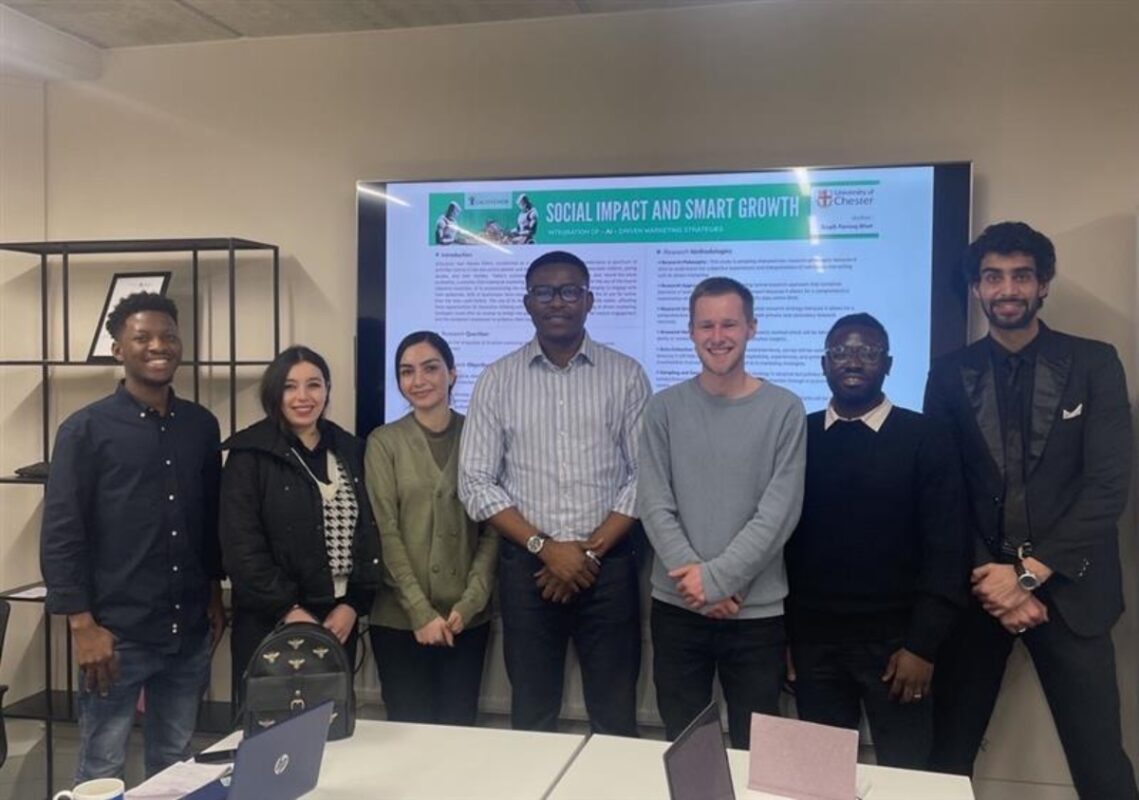Race language guidance based on study of 20k

Contains Strong Language: A Guide to Talking About Racism has been released today (Tuesday 18 July 2023) by the research initiative, Reframing Race.
The practical guide is based on Reframing Race’s extensive research over more than four years, including in-depth focus groups and insights gathered from a groundbreaking study of 20,000 people in England and Scotland.
Download Contains Strong Language: A Guide to Talking About Racism.
Dr Sanjiv Lingayah, Director of Reframing Race and co-author of the report, said:
“The conversation on racism is stuck. With our trailblazing research we have been able to show how different messages on race and racism affect a mainstream audience. The upside is that new ways of talking about racism can lead to new ways of listening. This guidance provides a foundation from which advocates can be confident they are contributing positively to discussion, avoiding pitfalls and tropes, and moving others towards an anti-racist position.”
Attitudes towards race in England:*
- 4 in 10 people in England think that some ethnic groups are naturally harder working than others.
- 3 in 10 people in England think that someone’s race tells you something about their character.
- 1 in 5 people think that some races are born less intelligent than others.
The purpose of Contains Strong Language is to equip campaigners with the words that have proven most effective in persuading people of the harm and structural nature of racism.
Key features of Contains Strong Language include:
- Definitions: What do we mean when we say ‘race’ or ‘Black and Minoritised’? Find out in the glossary.
- Underlying principles: These are the fundamental approaches to communicating effectively on race and racism.
- Message breakdown: The essential components of a persuasive message drawn from Reframing Race’s original research study of 20,000 people
- Words to live by: Which words and phrases should we avoid? What might we replace them with?
Nina Kelly, co-author of Contains Strong Language said:
“Many well-meaning people, including journalists, who want to contribute to an anti-racist future feel unsure about what words to use. Contains Strong Language provides guidance based on sound principles and robust research.
Meanwhile, anti-racist activists usually know what they want to say, but will also benefit from learning which messages are most likely to bring people with them, according to the evidence.”
*data form Reframing Race report Testing Times. See full report for stats for Scotland here.











Responses